1. Opening Remark: Shadows over Sokoto and Questions for Tinubu’s APC
As President Bola Ahmed Tinubu’s administration seeks to project an image of reform, justice, and national unity, uncomfortable questions are resurfacing within his own political family. The unresolved legacy of alleged sectarian persecution and extrajudicial killings under Senator Aliyu Magatakarda Wamakko, a prominent member of the ruling All Progressives Congress (APC) and former governor of Sokoto State, poses not only a moral test but also a political liability. If the APC truly stands for fairness and accountability, it must confront this shadow, otherwise the stain of impunity may stretch from Sokoto’s streets to the steps of The Hague.
In Nigeria’s north-western heartland lies Sokoto, a city of deep Islamic scholarship and political influence, the historical seat of the Caliphate, and often called the “spiritual capital” of Nigeria. Beneath this heritage, however, lies an unhealed wound: the persecution of Shia Muslims of the Islamic movement in Nigeria during the administration of Aliyu Magatakarda Wamakko, governor of Sokoto State from 2007 to 2015.
Over the years, multiple reports have emerged of extrajudicial killings, mass arrests, and social and economic discrimination against Shia adherents. Human rights groups have described these as state-enabled persecution, while government sources historically defended them as security operations against public disorder.
Today, with renewed discussions around political accountability, and if Wamakko were to admit to ordering such persecution, the consequences could extend from local politics to international law, potentially reaching The Hague.
2. The Sokoto Shia Muslims Persecutions: Historical Context
Early Systematic Violence
The first major confrontation occurred in 2007 following the assassination of a Sunni cleric, Umar Danmaishiyya, by certain elements. Local authorities and mobs turned against the Shia community, accusing them collectively of responsibility. Reports by the Islamic Human Rights Commission indicated that over seventy homes belonging to Shia families were destroyed, six community members were killed, and more than one hundred people were arrested, many without charge.
Security forces allegedly took part in or enabled these acts, with state authorities providing little or no protection to the victims. Further incidents included evictions, destruction of Shia schools, and mass detentions. A 2021 Ashura procession in Sokoto ended tragically when police opened fire, killing four and injuring several. In 2024, the Court of Appeal in Sokoto ruled that the killings were “unwarranted and unlawful,” awarding ₦80 million in compensation, a rare instance of judicial accountability.
3. Human Rights and Legal Framework
Under both Nigerian and international law, these actions contravene fundamental rights:
Right to life – Article 6, ICCPR; Section 33, Nigerian Constitution.
Freedom of religion – Article 18, ICCPR; Section 38, Nigerian Constitution.
Freedom from arbitrary arrest and persecution – Articles 9 and 14, ICCPR.
African Charter on Human and Peoples’ Rights, to which Nigeria is a party.
Systematic or widespread attacks on any religious group may meet the definition of crimes against humanity under Article 7 of the Rome Statute, to which Nigeria acceded in 2001.
4. Political Implications for Wamakko and Tinubu’s APC
If former Governor Aliyu Magatakarda Wamakko were publicly confirmed to have ordered or condoned such acts, the consequences would be profound, not only for him but also for the ruling party that continues to celebrate him as a key figure.
Domestic Political Fallout
His reputation and influence within Sokoto politics, where he remains a powerful political figure, would be severely damaged. The APC could face public backlash and internal pressure to distance itself. Victims’ families and civil society groups could file civil suits or demand state-level inquiries. Calls for truth commissions or transitional justice mechanisms could emerge, similar to those used in post-conflict African states.
Legal and Criminal Accountability
Nigeria’s National Human Rights Commission and the Attorney-General’s office could open investigations under domestic law, especially if credible evidence surfaces. However, Nigeria’s history of prosecuting high-ranking politicians for human rights abuses remains limited, often blocked by political alliances or immunity clauses while in office.
5. International Consequences: When The Hague Gets Involved
Nigeria’s ratification of the Rome Statute makes it subject to ICC jurisdiction. If domestic institutions fail to act, the ICC may exercise its complementarity power, stepping in when a state is unwilling or unable genuinely to investigate or prosecute.
Possible outcomes if Wamakko were directly implicated include:
A. Preliminary examination, where ICC prosecutors could request information or invite Wamakko to respond to allegations.
B. Indictment, if sufficient evidence links him to systematic persecution.
C. Travel restrictions, similar to Sudan’s Omar al-Bashir, including international travel bans or the risk of arrest abroad.
D. Diplomatic consequences, with Nigeria facing international pressure or sanctions if it refuses cooperation.
6. Lessons from African Precedents
Charles Taylor (Liberia/Sierra Leone) – Tried for aiding crimes against humanity, proving political immunity is not permanent.
Hissène Habré (Chad) – Convicted in Senegal for torture and killings, showing African-led justice is possible.
Omar al-Bashir (Sudan) – Indicted by the ICC while in power, demonstrating that international justice can transcend borders.
Nigerian parallels – The 2015 Zaria massacre placed Nigeria under scrutiny, signalling that inaction can invite external intervention.
7. What If Wamakko Is Invited by The Hague
If the ICC were to invite or indict Wamakko, likely developments include:
A. A political earthquake in Sokoto, with his base and influence potentially collapsing overnight.
B. A federal dilemma, as Abuja must choose between protecting a former governor senator or cooperating with the International System.
C. International attention, with Nigeria’s response shaping its global reputation for justice.
D. A historical reckoning, setting a precedent for holding Nigerian politicians accountable for sectarian or communal violence.
8. Policy and Justice Recommendations
A. Establish an independent inquiry to investigate Shia persecution in Sokoto and elsewhere.
B. Provide reparations and reconciliation, including compensation, apologies, and rehabilitation for victims’ families.
C. Strengthen the rule of law by reforming state policing and judicial systems to prevent politicians from misusing security agencies.
D. Pursue domestic prosecutions to avoid ICC intervention and demonstrate genuine accountability.
E. Encourage international monitoring by the African Union and UN Special Rapporteurs on Religious Intolerance to prevent recurrence.
9. The Broader Security Imperative: A Call to the Sokoto and Federal Governments
While historical injustices demand accountability, present realities call for urgent action. Sokoto State and the Federal Government must confront the rising wave of banditry, kidnappings, and communal insecurity that continues to claim lives across north-western Nigeria. These threats destabilise communities and deepen mistrust between citizens and the state.
Evidence of Escalating Insecurity
According to the Nigeria Security Tracker and other open-source data, over 1,600 abductions and 800 killings were recorded across Sokoto, Zamfara, and Katsina between January and September 2025. Rural residents continue to flee, and farming communities face extortion and destruction by armed groups. Gwadabawa, Illela, and Goronyo local government areas have recorded repeated raids, with local vigilantes overwhelmed and under-equipped.
Concrete Recommendations
A. Strengthen local security networks by empowering community policing structures and traditional institutions to collaborate with formal security agencies, share intelligence, and build trust.
B. Modernise rural policing and surveillance, deploying drones and satellite monitoring along border regions, particularly the Sokoto–Niger Republic corridor.
C. Reform and resource security forces, improving welfare, training, and accountability to end cycles of corruption, fear, and retaliation.
D. Promote peacebuilding and dialogue through a Peace and Interfaith Council that mediates sectarian tensions and rebuilds community cohesion.
E. Address root causes of violence, including poverty, unemployment, and weak education systems, by implementing youth empowerment programmes, accessible schooling, and rural development projects.
10. Final Thoughts : Justice, Peace, and the Soul of Nigeria
The events in Sokoto, past and present, remind us that justice and security are inseparable. Nigeria cannot achieve unity while citizens suffer from sectarian wounds or fall victim to kidnappers.
President Tinubu’s administration must pair accountability with protection, confronting past abuses while securing today’s communities from terror and despair. Sokoto’s leaders must rise above politics to defend every life, regardless of faith or affiliation.
Nigeria’s strength lies in its diversity, in its many tongues, beliefs, and dreams united by a shared destiny. Justice, equality, and truth must guide governance; peace and humanity should serve as the moral compass of both state and nation.
Only then can Nigeria stand not as a nation haunted by impunity, but as one defined by courage, fairness, and unity in purpose.
Isaahmadeesir214@gmail.com

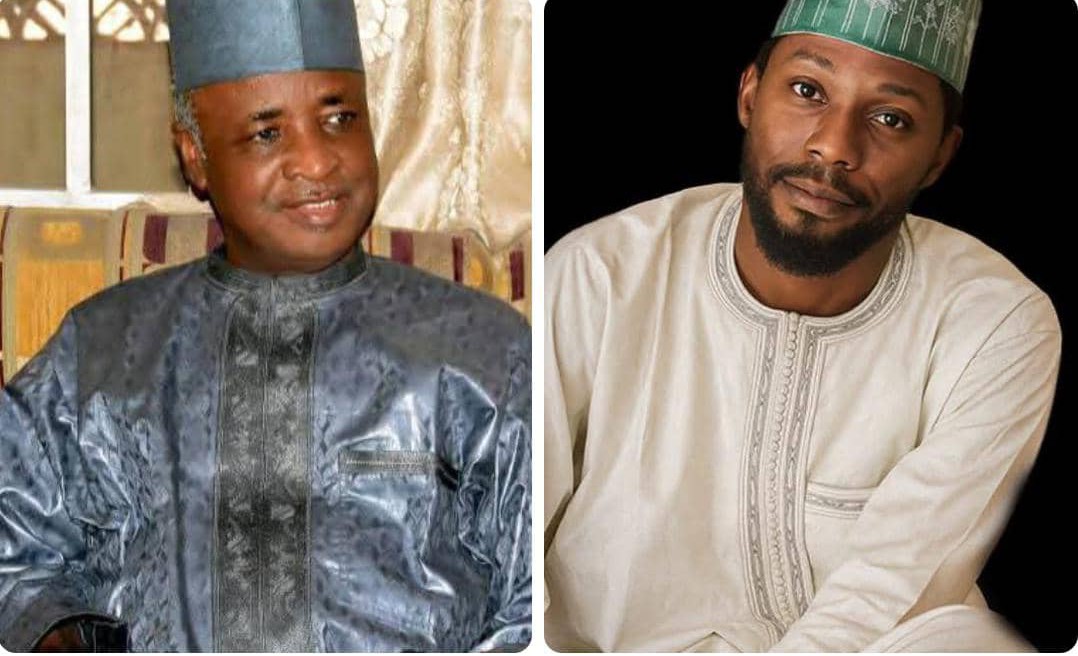
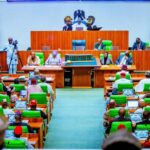
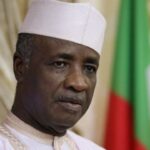



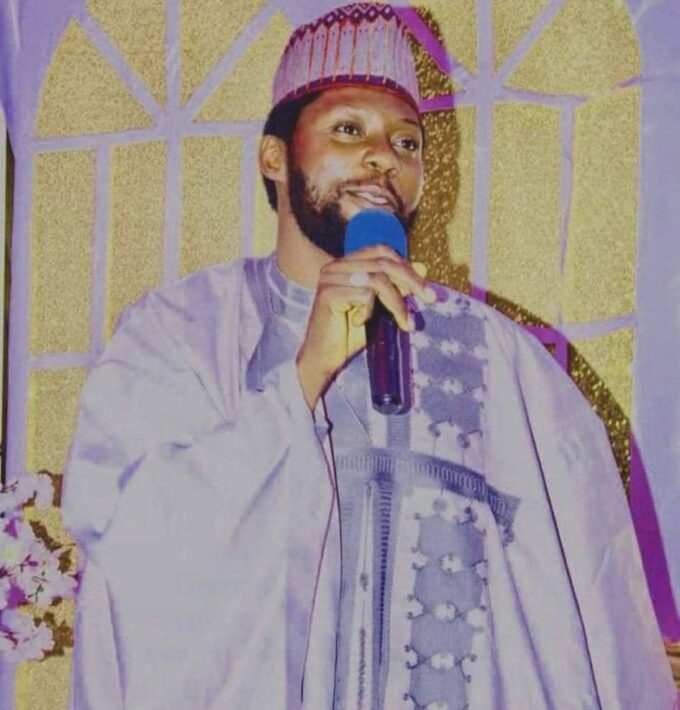

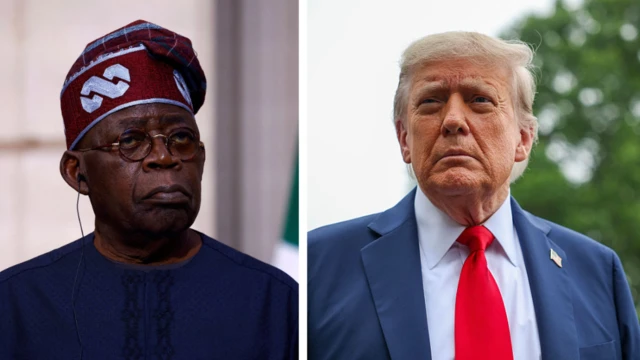




Leave a comment